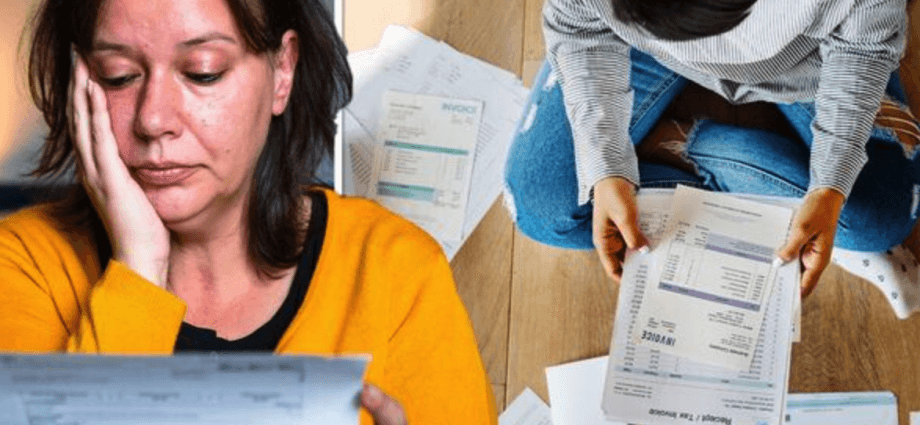For those who want to plan their personal debt, this article will be a comprehensive guide. In this article, we will explore the following aspects:
- Understanding personal debt
- Creating a debt management plan
- Controlling expenses
- Increasing income
- Paying off debt
Understanding personal debt
First, we need to understand what personal debt is. Personal debt refers to small amounts of loans, credit card debt, cash loans, and other debts owed by individuals. Generally speaking, personal debt is a common problem because many people do not know how to manage their debt, leading to the accumulation of debt.
Personal debt can be divided into the following categories:
Consumer debt: This debt is usually caused by excessive consumption. For example, purchasing luxury goods, traveling, shopping, etc.
Personal loans: This debt is usually caused by large expenses such as buying a house, buying a car, etc.
Credit card debt: This debt is caused by using a credit card for consumption. Credit card debt is usually one of the most difficult debts to repay because it has extremely high interest rates and compound interest.
Personal debt is a significant threat to personal financial stability. Therefore, it is essential to understand the types and impact of personal debt.
Creating a debt management plan
After understanding personal debt, we need to create a debt management plan. Creating a debt management plan can help us better manage our debt and reduce the negative impact of debt on us.
The debt management plan should include the following:
Determining the total amount of debt: First, we need to determine the total amount of personal debt, which can help us understand the amount we need to repay.
Determining monthly income: Next, we need to determine the total monthly income, which can help us understand our ability to repay.
Determining monthly expenses: Then, we need to determine monthly expenses, which can help us control spending and avoid excessive consumption.
Creating a repayment plan: Creating a repayment plan is a critical part of the debt management plan. We need to create a repayment plan based on the total amount of debt and monthly income to ensure that we can repay on time.
Controlling expenses
Controlling expenses is an important step in managing personal debt. We need to develop good spending habits and avoid excessive consumption. Controlling expenses can help us reduce the accumulation of debt and improve our ability to repay.
Here are some methods for controlling expenses:
Creating a budget: Creating a budget can help us plan our monthly income and expenses, ensuring that expenses are within our affordable range.
Avoiding integer consumption: Avoid using credit cards when making integer purchases, as this can lead to unnecessary debt accumulation.
Finding ways to save: Finding ways to save is a good way to manage personal debt, such as changing to energy-saving light bulbs, repairing old appliances, etc.
Increasing income
Increasing income is also an important method for managing personal debt. Increasing income can help us pay off our debts faster and improve financial stability.
Here are some ways to increase income:
Finding a side job: Finding a side job can help us increase our income, such as opening an online store, taking part-time jobs, etc.
Improving skills: Improving skills can help us find better job opportunities and increase our income.
Selling unused items: Selling unused items can help us earn extra income.
Paying off debt
Finally, paying off debt is the ultimate goal of managing personal debt. Here are some methods for paying off debt:
Creating a repayment plan: Creating a repayment plan can help us repay on time and ensure that debt is gradually paid off.
Reducing the total amount of debt: Reducing the total amount of debt by paying off high-interest debts first, negotiating with creditors for lower interest rates, etc., can help us pay off debt more
Seek professional help: If you find it difficult to manage your debt on your own, seeking professional help can be a good option. A financial advisor or credit counselor can help you create a debt management plan, negotiate with creditors on your behalf, and provide guidance on managing your finances.
Finally
In conclusion, managing personal debt can be challenging, but it is essential for maintaining financial stability. By understanding your debt, creating a debt management plan, controlling your spending, increasing your income, and paying off your debt, you can take control of your finances and achieve your financial goals. Remember, seeking professional help is always an option if you need additional guidance and support.
